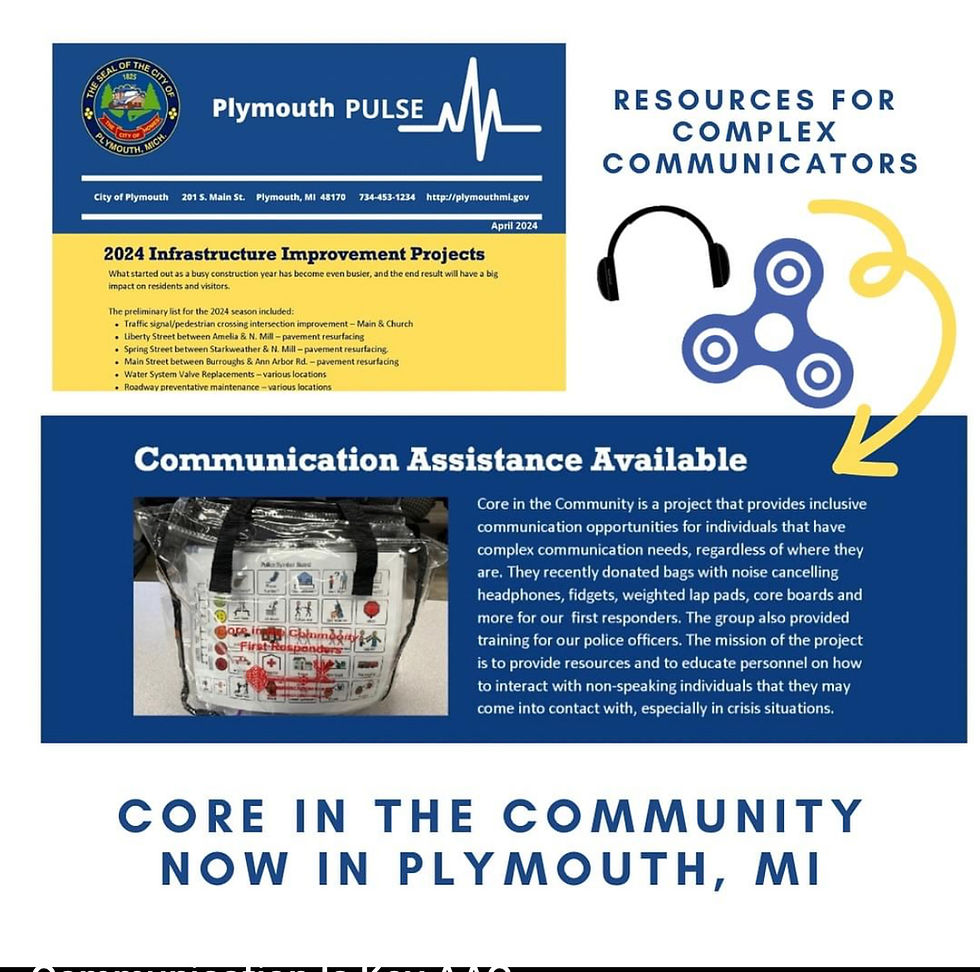Apraxia, AAC and An Anecdote
- Julia Dapkus

- May 13, 2022
- 2 min read
May is Apraxia Awareness month.
Apraxia/Childhood Apraxia of Speech, or CAS, is a motor planning speech disorder where the brain knows what it wants to say but there’s miscommunication to the parts of the mouth that produce speech.
Apraxia is the primary culprit that kept my daughter, Isabelle, locked in and nonverbal for over seven and a half years despite being in intense speech therapy since she was 18 months old.
At 10 she is *shockingly* verbal, although her speech is not perfect; she has nowhere near plateaued.
Never in a gazillion years could I have imagined the progress she’s made, and we are SO fortunate for her communication device, or high-tech AAC, that AIDED in her speech development and allowed her to be able to communicate her needs.
She is still in intense 45 min speech therapy sessions twice a week, and has incidental practice throughout her day.
For perspective…at seven and a half she had 4 verbal intelligible words.
This morning, two and a half years later, at 6:40 am…this is what I hear:
- Upon waking up: “Can I have phone?” at first loudly, and then whispering in my ear for effect.
- Greeting our dog, Odie: “Morning, doggggg!” and “Odie, come!”
- Thinking about her day: “What time is group?”
- Asking for what she wants: “I want to call Joe and say good morning to Dave.”
- Just being a (polite) 10-year-old: “Can I have a cookie…pleaseeeeee”
So, if you hear that AAC can hinder speech, please know that this is not true. The science supports this. In fact, there have been studies that show it can do just what it did for Isabelle and have a positive impact on speech. Check out this article from Assistiveware that cites research articles that back this up. https://www.assistiveware.com/learn-aac/roadblock-aac-will-stop-a-person-from-learning-to-speak
Share widely and integrate AAC as early as possible.










Comments